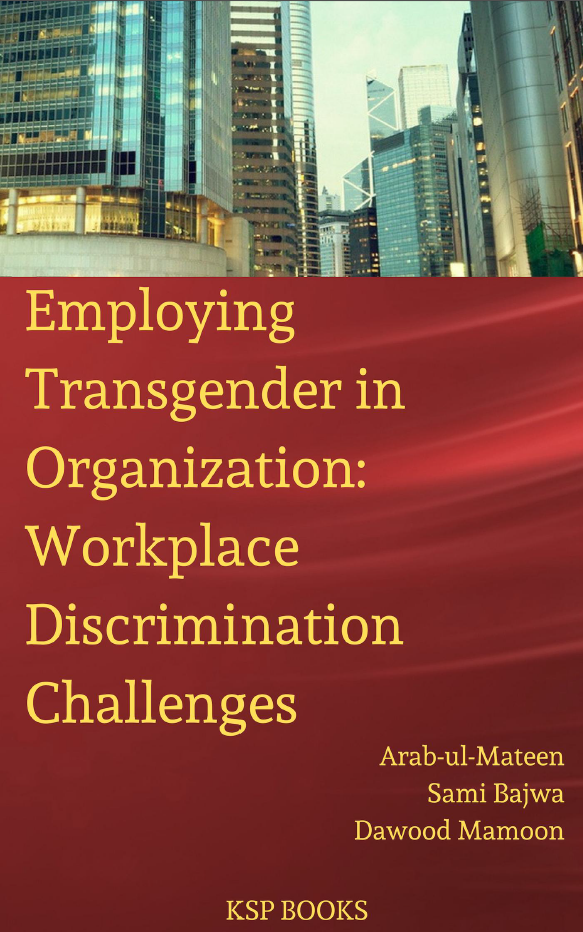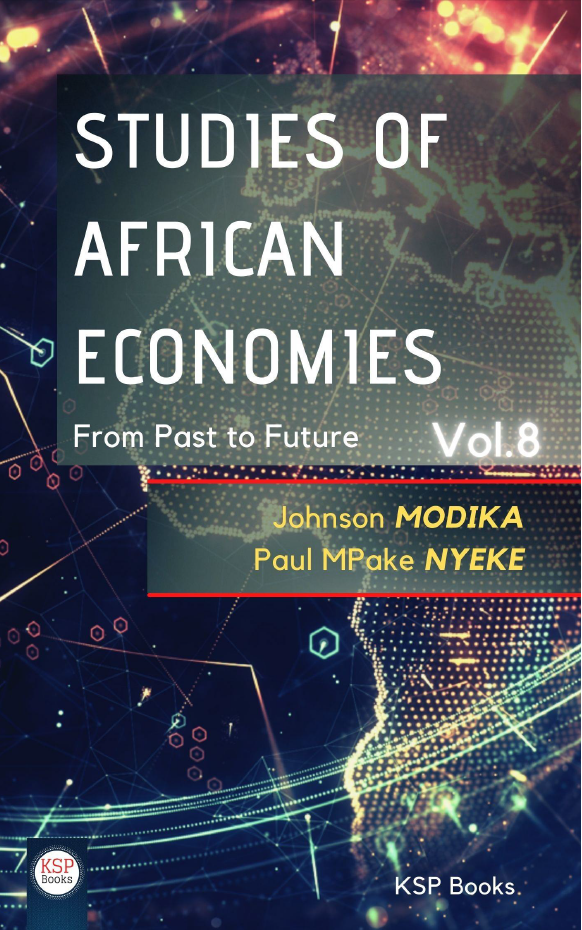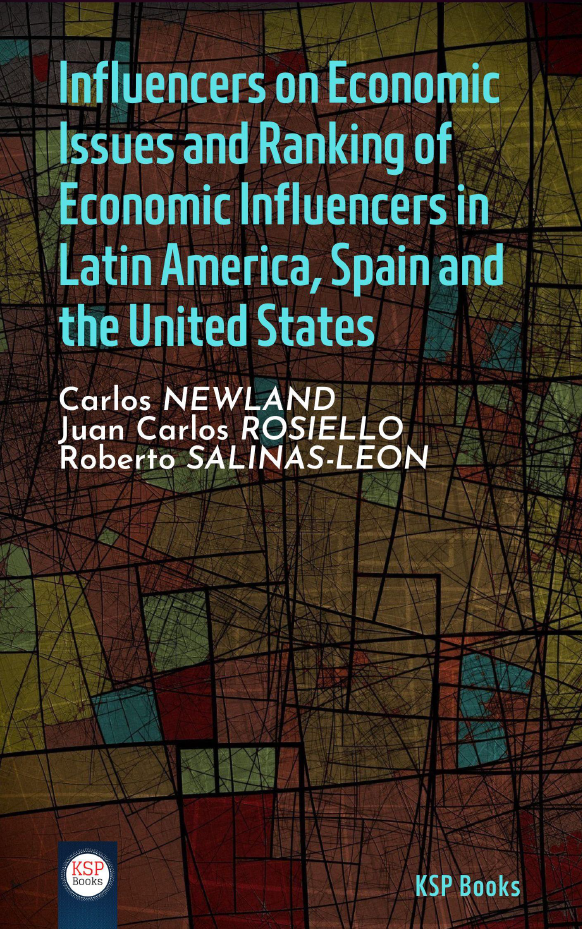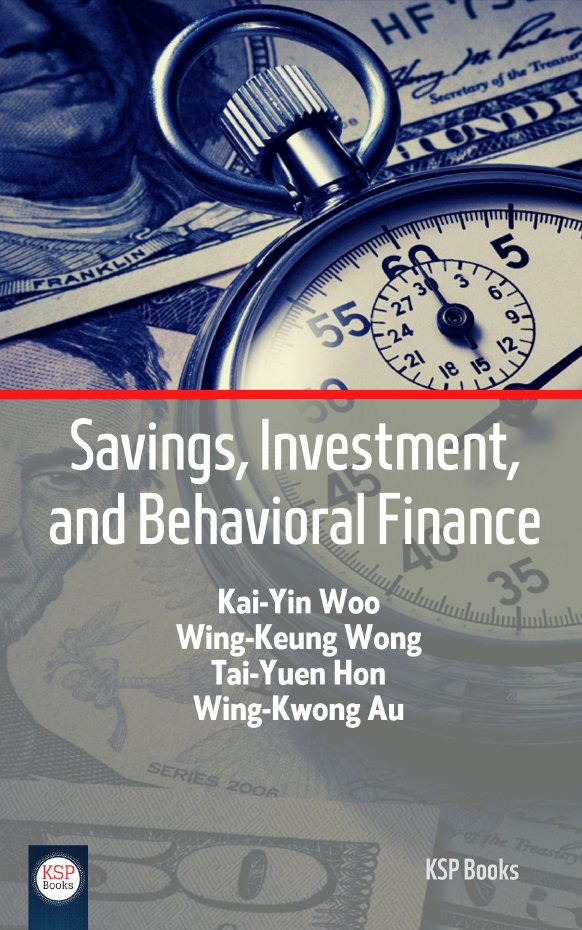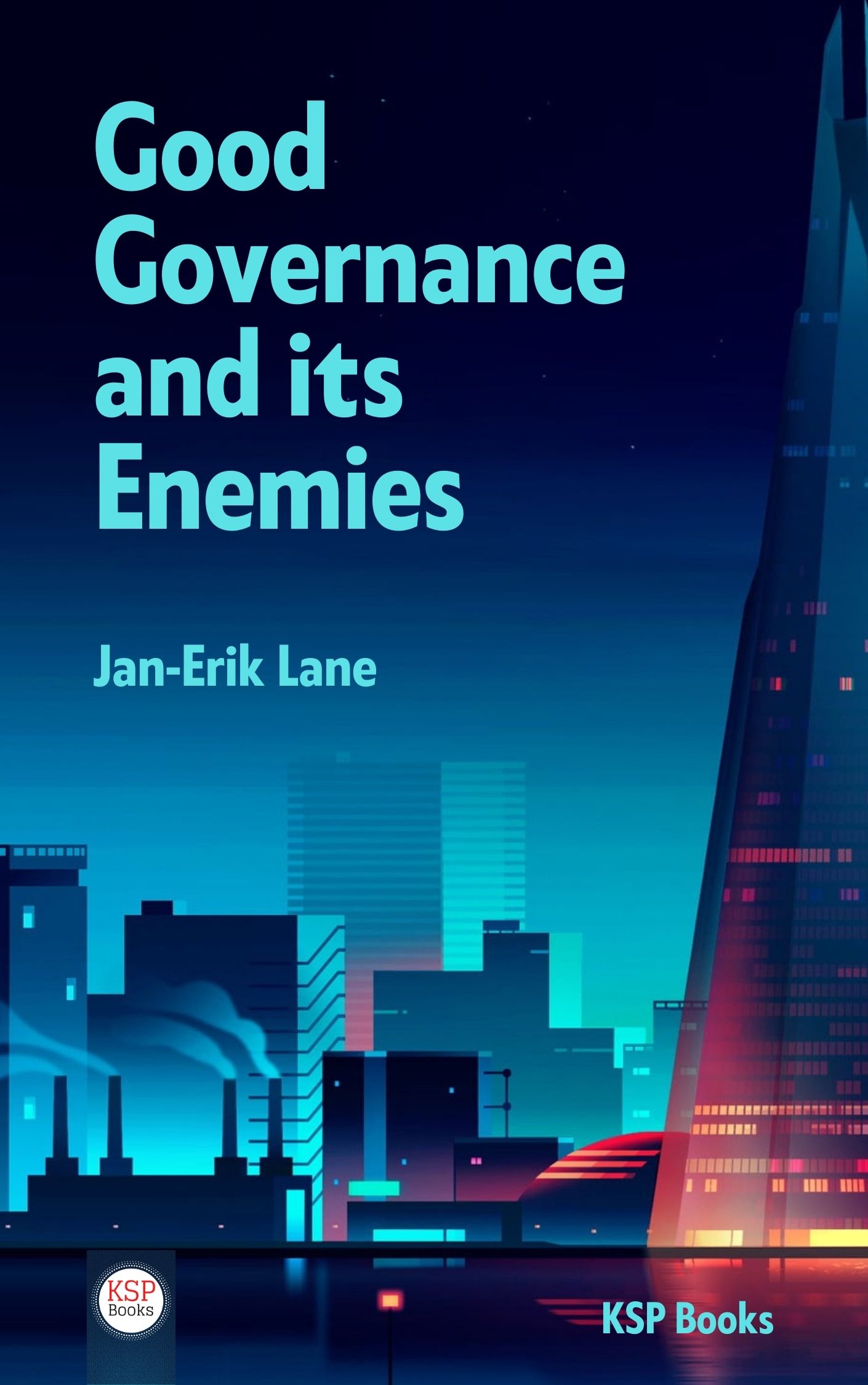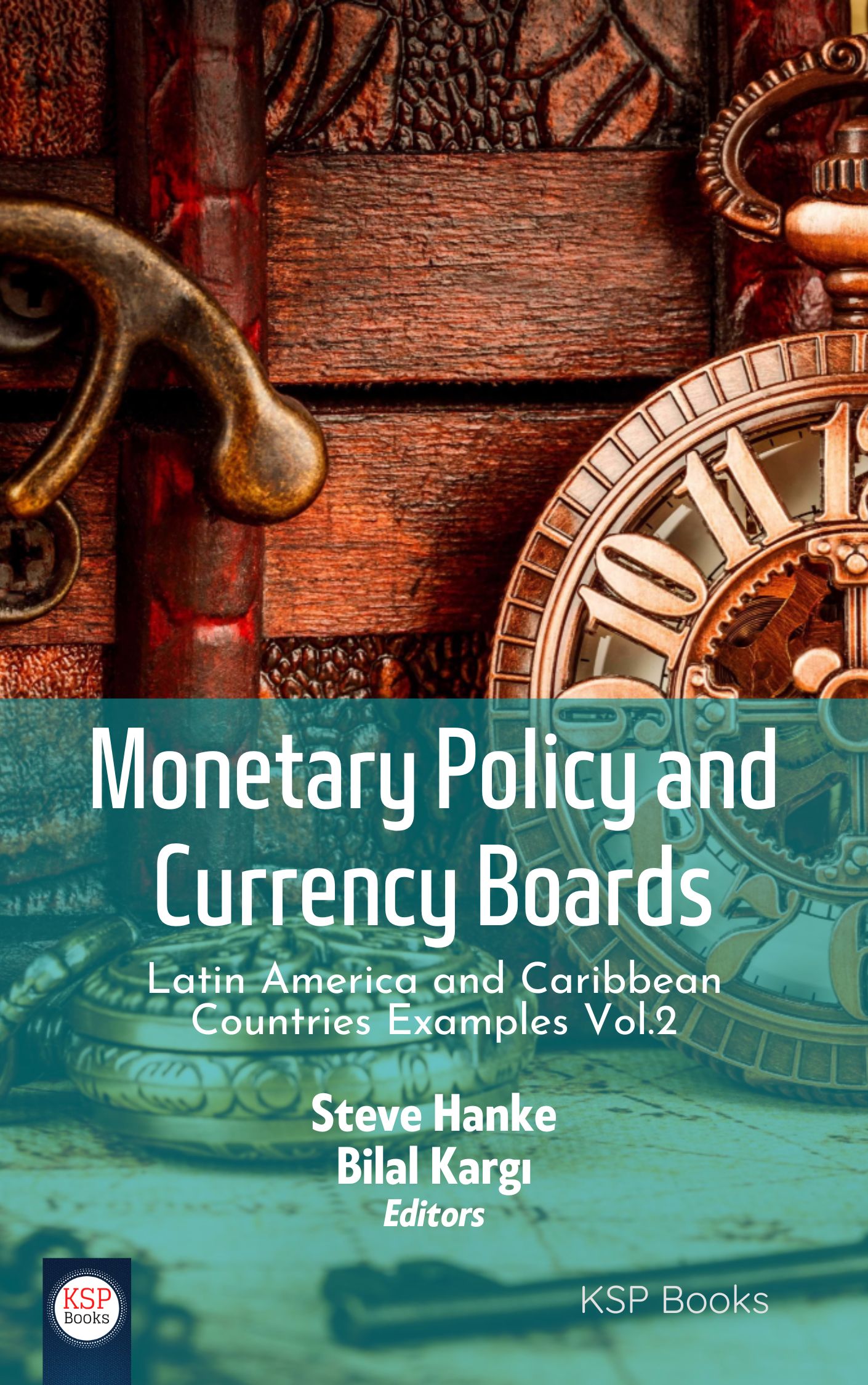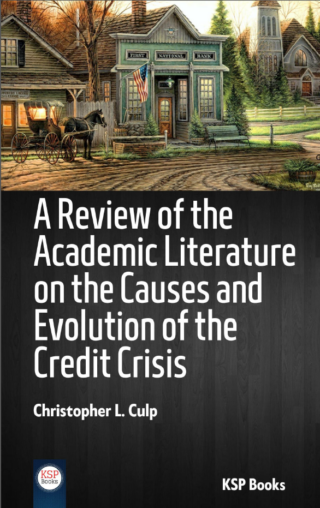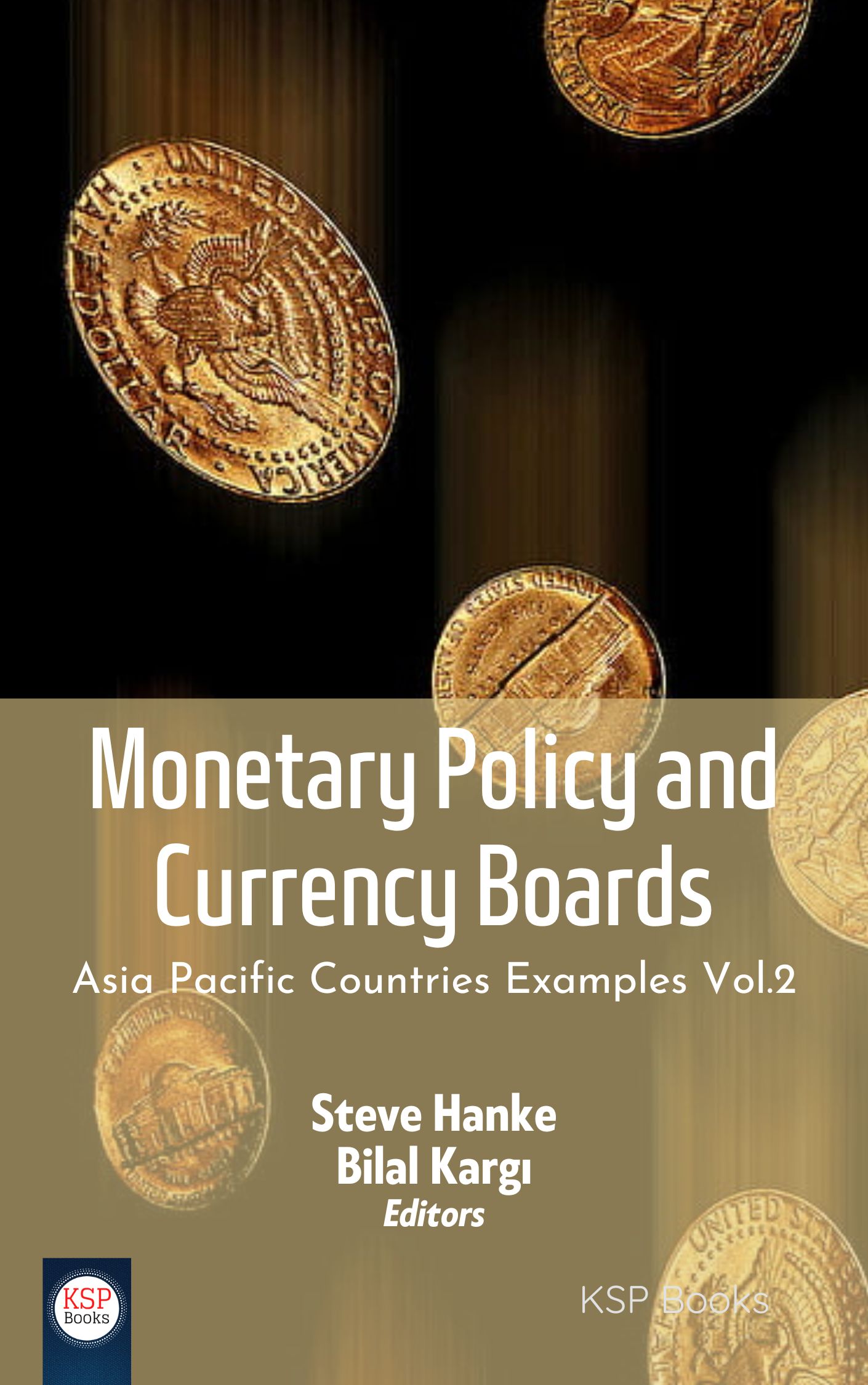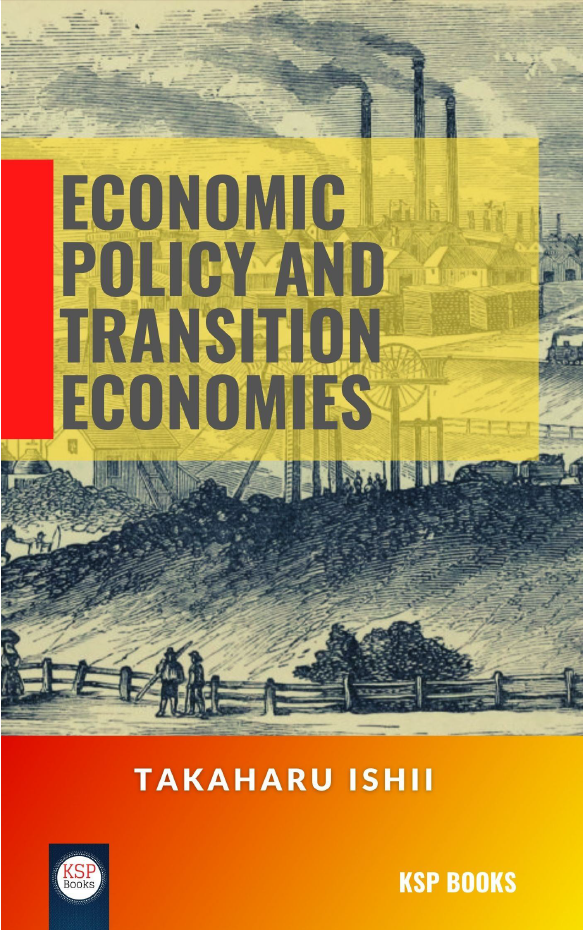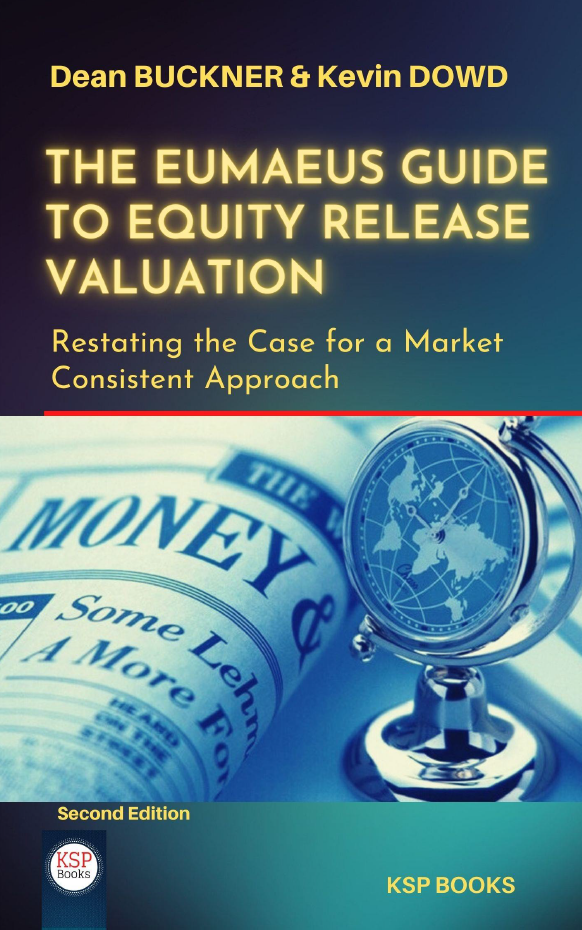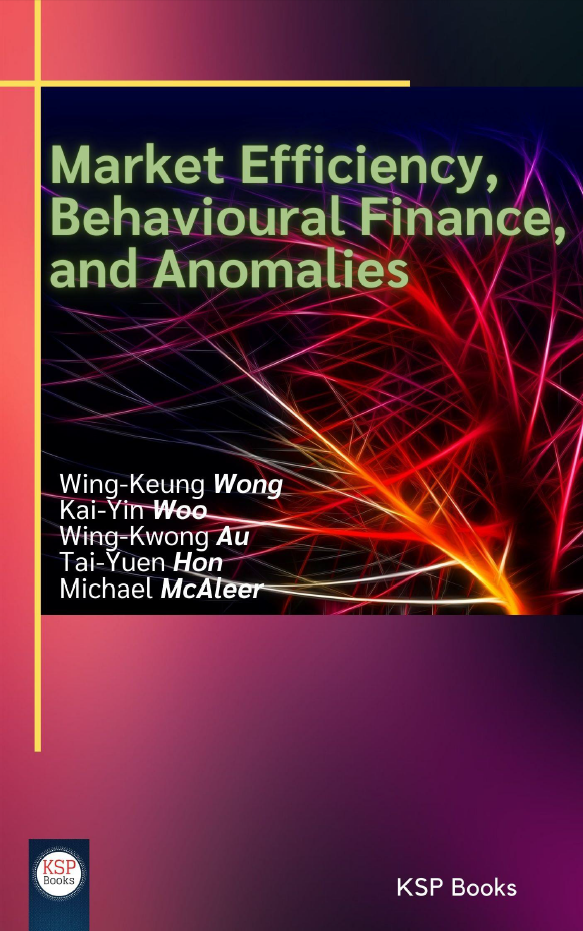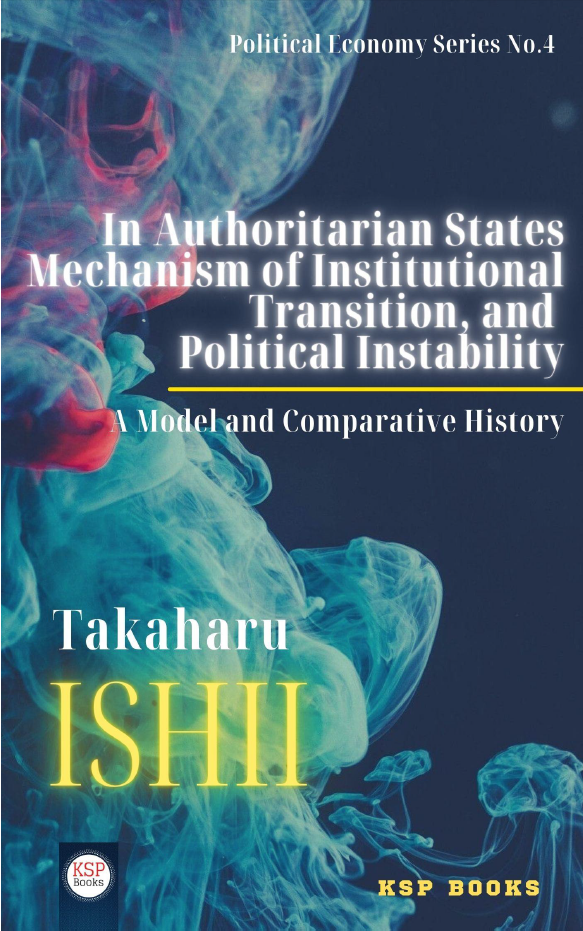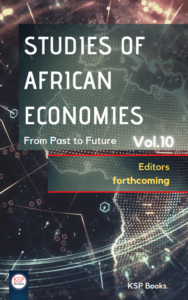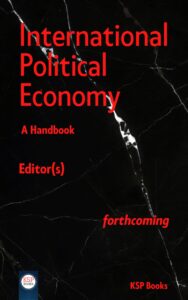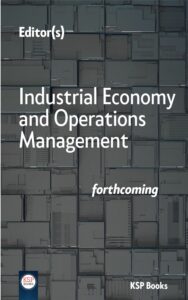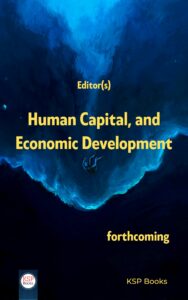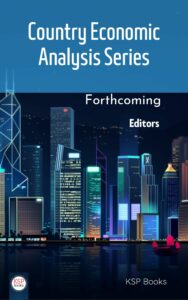By
Arab-ul-Mateen
University of Management and Technology, Pakistan
Sami Bajwa
University of Management and Technology, Pakistan
Dawood Mamoon
World Economic Survey Expert Group, Pakistan
e-ISBN: 978-605-2132-90-6
Publishing Date: December 15, 2019
File Size: 3,545 MB
Length: xv + 94 pages (PDF)
Language: English
Dimensions: 13,5 x 21,5 cm
 This Book is completely open access. You can freely read, download and share with everyone.
This Book is completely open access. You can freely read, download and share with everyone. 
The study explores the challenges an organization face when transgender persons are employed. One of the challenges is workplace discrimination issue against the transgender employees. Further, the role of transformational leadership has been examined in dealing with workplace discrimination issues. The study is based on qualitative analysis where in the validity and credibility of the study is ensured using data triangulation i.e. data is collected through unstructured interviews, participant observation and documents & pictures. Also, source triangulation i.e. different categories of respondents included 6 transgender employees, 6 other employees who works closely with transgender employees, 3 HR personnel, and the Executive Director Akhuwat. The study supports the role of transformational leadership in handling workplace discrimination. The values & principles, like respect and brotherhood are the core factors affecting the workplace discrimination against transgender employees. Especially, in absence of formalized HR policies and regulations, the values & principles plays a pivotal role. Such values of brotherhood and respect encourages the employees to hold a non-discriminatory organizational culture. Data shows the transgender employees are more hardworking, motivated, loyal and satisfied for merely being respected and recognized by the organization. This study of transgender employment experiences and the role of transformational leadership opens new lines of inquiry for understanding gender inequalities at work, and it builds on scholarship that combines political, social and economic approaches with transgender studies.
List of Charts
List of Figures
List of Tables
Introduction
Background of the study
Purpose of the study
Scope
Statement of the problem
Significance
Objectives of the Study
Research Question
Literature Review
Transgenderism Defined
History of transgender in South Asia
Challenges faced by transgender persons
UN resolutions for human rights protection Lesbian, Guys, Bisexual, Transgender (LGBTs)
Legal identity of transgender people in Pakistan
Transgender persons and organization
Discrimination against sexual minorities
Transgender experiences differs from Lesbian, Gays, Bisexual (LGB)
Theoretical Framework
Akhuwat Cloth Bank Case
Methodology
Research Design
Research Approach
Research Strategy
Time Horizon
Population and Sample
Unit of Analysis
Data Collection
Criteria for interpreting findings
Analytical procedures/Methods of analysis
Reporting Structure
Establishing research quality
Ethical Considerations
Data Analysis
Transformational Leadership
Idealized Influence
Values and Principles
Brotherhood
Respect
Pride & Dignity in Work
Individualized Consideration
Inspirational Motivation
Intellectual Stimulation
Workplace Discrimination
Salary & Benefits
Resource Distribution
Career Development
Training
Educating Transgender (Khwajasiras) & Other Employees
Conflict Management, Grievance handling, Harassment
Hiring, Firing, Promotion, Demotion
Informal Discrimination
Identity Management & Gender Specific Trait Roles
Limited Interaction with Employees Increased Group Cohesion
Emotional Abuse & Psychological Distress
Societal Discrimination
Discussion
Conclusion & Implications
Conclusion
Theoretical Implications
Practical Implications
Limitations & Future Research Directions
References
Arab-ul-Mateen
University of Management and Technology, Pakistan
Sami Bajwa
University of Management and Technology, Pakistan
Dawood Mamoon
World Economic Survey Expert Group, Pakistan
Related EconPedia Items


